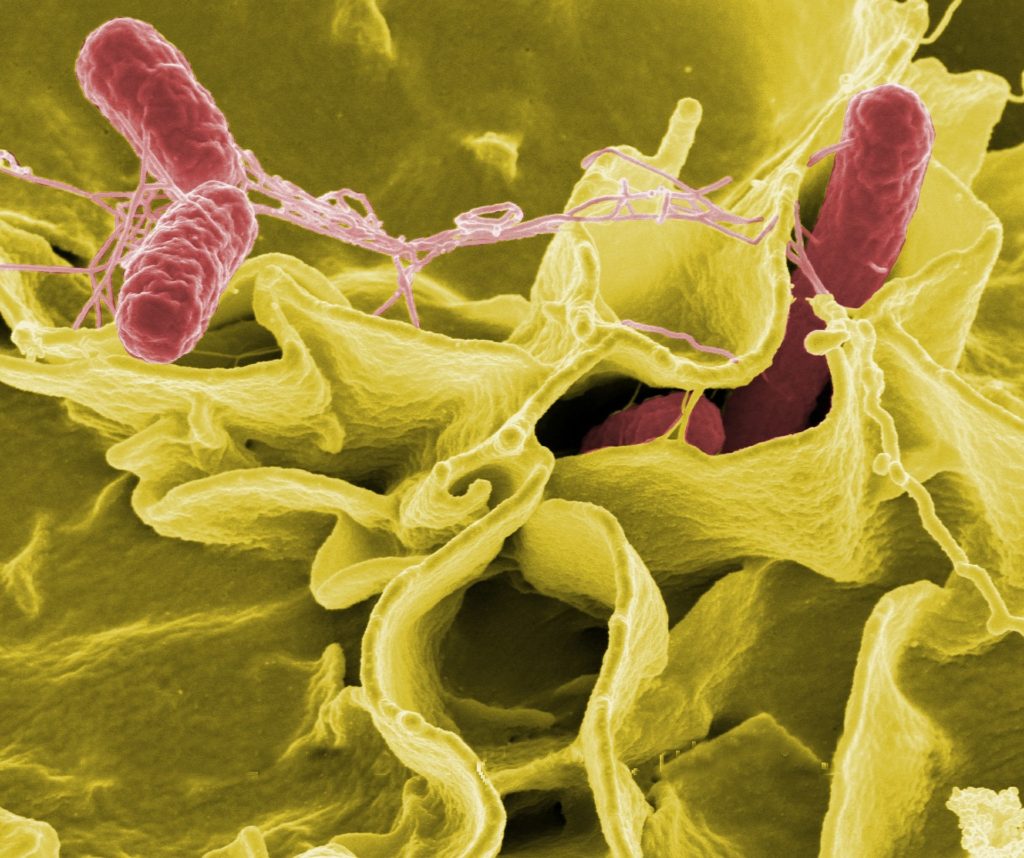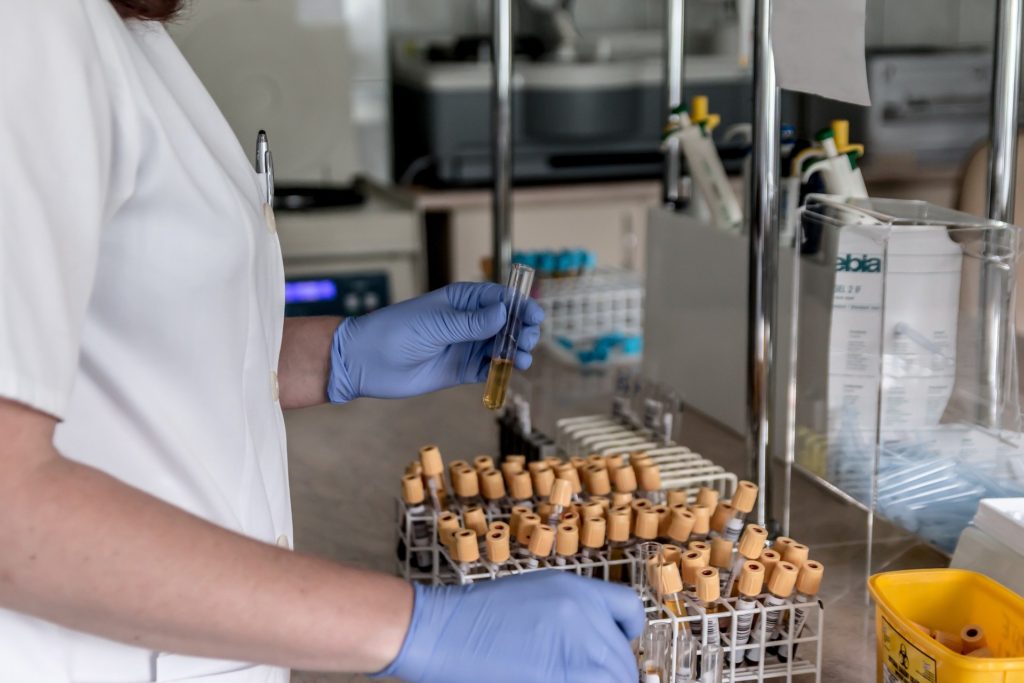Leaky gut is a term that has recently been gaining quite a bit of notoriety and interest. If you’re not familiar with it, it may be because some traditional medical professionals do not recognize leaky gut as a defined illness. As such, it’s not a course of study at medical schools.
Conversely, if you are familiar with it, it may be because alternative medicine specialists and cultures consider it a real ailment. They have been treating it as a means of improving health for decades.
If the notion of leaky gut is new to you, this article is something you should read. We’ll review the cause and symptoms of leaky gut and discuss how it gets diagnosed. You’ll also get tips on how to treat and improve your gut and overall health.
Before we attempt to understand the concept of a leaky gut, it makes sense to review our digestive system’s biology.
Digestion 101

Your digestive system is responsible for taking the food and liquid you ingest, breaking it down, extracting vital nutrients needed for energy, growth, and cell repair, and eliminating the byproducts as waste. Several organs are involved in this process, and each serves a specific function.
The small intestine is not that small at all. It’s approximately 22 feet long, or three times the length of your body. It covers over 4000 square feet of surface area. Laid out flat, it is about the length of an Olympic swimming pool.
The small intestine’s function is to absorb water and nutrients and send them into your bloodstream, while the waste moves into your large intestine. Your large intestine absorbs more water uses that to change any further waste into stool. Overall, your intestinal wall is responsible for about 90% of our body’s absorption of nutrients.
Let’s now move on to understanding leaky gut syndrome.
What Is leaky gut?

With a name like ‘leaky gut,’ you might be thinking that some part of your digestive system is leaking fluids inside your body. That’s not entirely inaccurate.
Leaky gut occurs in your intestines. so it makes sense that the more clinical name is ‘increased intestinal permeability,’ which refers to a condition where toxins and unhealthy bacteria penetrate the intestinal wall or lining and spread into the body.
A cellular membrane called tight junctions makes up the intestine’s lining and allows water and nutrients to pass through. A healthy intestinal wall made of these tight junctions serves as an efficient barrier that allows water and nutrients to pass through it into our bloodstream, then on to our organs
An unhealthy intestine, or gut, develops when tears occur in these tight junctions, allowing toxins and bacterial can seep through. This condition is the suspected cause for what we now know to be leaky gut. So, in essence, your digestive system does end up leaking fluids inside your body.
What causes our gut to leak?

There is still a lot to know about leaky gut and what causes it. While genetics may predispose some to develop a leaky gut, some reports suggest that a diet that is low in fiber and high in fat and sugar is a substantial causal factor.
Additional research has identified a protein known as zonulin, which regulates intestinal permeability by opening and closing the intestinal walls’ tiny junctions. When harmful bacteria are present in the intestines, the body produces high amounts of zonulin to open tight junctions wider, so the toxins can be flushed out.
When the intestines’ tight junctions are open for a sustained period due to the overproduction of zonulin, bacteria, and toxins to flood into the body, causing an immune response, which results in inflammation. This is what is known as leaky gut.
Other factors that may play a role in causing leaky gut are:
- Non-steroidal anti-inflammatory medications (NSAIDs): Aspirin, Ibuprofen, and Motrin are examples of NSAIDS; Long-term use of NSAIDS may contribute to increased gut permeability
- Alcohol consumption: An occasional cocktail or beer won’t cause a problem, but excessive alcohol use may increase your gut permeability
- Stress: Chronic stress is a well-documented contributor to gastrointestinal disorders.
- Yeast. Our intestines have a degree of naturally occurring yeast.; Too much yeast can play a role in leaky gut.
- Smoking: Smoking releases toxins into your lungs, gut, and bloodstream
What’s the big deal about a leaky gut?

It stands to reason that bacteria or anything toxic in the body will produce a negative effect on our overall health. A leaky gut can cause an immune system response resulting in inflammation throughout the body.
When we think of inflammation, we think about a joint or a bruise that swells up when injured. Pain, discoloration, heat, and potential loss of function typically accompany the inflammation. Known as acute inflammation, this subsides after a period of time.
On the other hand, chronic inflammation is inflammation that lasts for months or years. Chronic inflammation puts the body in a constant state of stress, flooding it with proteins and antibodies as it attempts to fight off the cause of inflammation. Over time, chronic inflammation has the potential to cause substantial harm to healthy cells, tissues, and organs, eventually damaging DNA, killing tissue, and causing scarring.
Consequently, leaky gut is intrinsically harmful to our long-term health.
How do I know if I have a leaky gut?

Leaky gut shares several symptoms with several health conditions. Some aren’t even related to typical gastrointestinal distress, making it more challenging to diagnose accurately.
Symptoms include:
- Joint pain or arthritis
- Diarrhea, constipation, bloating or gas
- Chronic fatigue
- Headaches
- Depression or mood swings
- Difficulty concentrating, confusion, brain fog, ADD or ADHD
- Skin conditions such as eczema, rashes, or acne
This cross-cutting list of symptoms doesn’t expressly point to an issue with your intestinal tract.

Worse yet, there is no one specific diagnostic test for leaky gut. Instead, some tests help evaluate the severity and causal factors of intestinal permeability, usually indicative of leaky gut. Here are the more common ones.
- Differential Sugar Test (Lactulose/Mannitol Test):
This test uses two non-metabolized sugars of different molecular sizes. These two sugars permeate the intestinal mucosa using different pathways. Mannitol is well absorbed in a healthy gut, while lactulose is minimally absorbed.
- Serum Zonulin Test
We’ve already seen that the body produces high levels of zonulin to open tight junctions wider to increase toxins and bacteria. This test is a simple blood draw, and the sample examined for the amount of zonulin it contains.
- Zonulin Antibodies Test
A more reliable measurement of zonulin in the blood an antibody test. Antibodies occur in the blood after zonulin is released. These zonulin antibodies are called immunoglobulins are more stable and remain in the bloodstream longer than zonulin. As such, they are considered a better measure than serum blood tests.
How is a leaky gut treated?
Leaky gut is not a fully recognized medical condition, so there is no specific treatment protocol. That doesn’t mean that treatment is not possible and potentially reversible.
Many of the causes of leaky gut are all controllable. If your diet is high in fat and sugar and low in fiber, a change in dietary habits can markedly improve leaky gut if you have it or prevent it from occurring at all.
Stress, in any form, has an impact on the body. Stress as a causal factor in leaky gut is no exception. If your lifestyle is such that you cannot reduce your stress, you can do things to counteract it. Regular exercise, yoga, and meditation do calm the mind and body.
Probiotic supplements improve overall gut health by protecting against toxins, allergens, and pathogens. If you’re not taking them now, you should consider picking up a bottle today and regularly taking them.
If you are concerned about having a leaky gut or worried that a loved one might, speak with your doctor about your concerns and interest in learning if you have leaky gut syndrome.
Conclusion
Leaky gut remains a growing concern and mystery. Regardless of this fact, there is much evidence suggesting that it is real and that testing for it and taking measures to improve gut health can improve many symptoms associated with a long list of diseases.
What is the first thing you plan to do to put you on the path to better intestinal permeability? Whether it is eating more nutritious food, or decreasing stress, improving any part of your lifestyle and diet will surely improve your gut health.
If you suspect that you have leaky gut, I encourage you to speak to a specialist about it. Your body will thank you.

